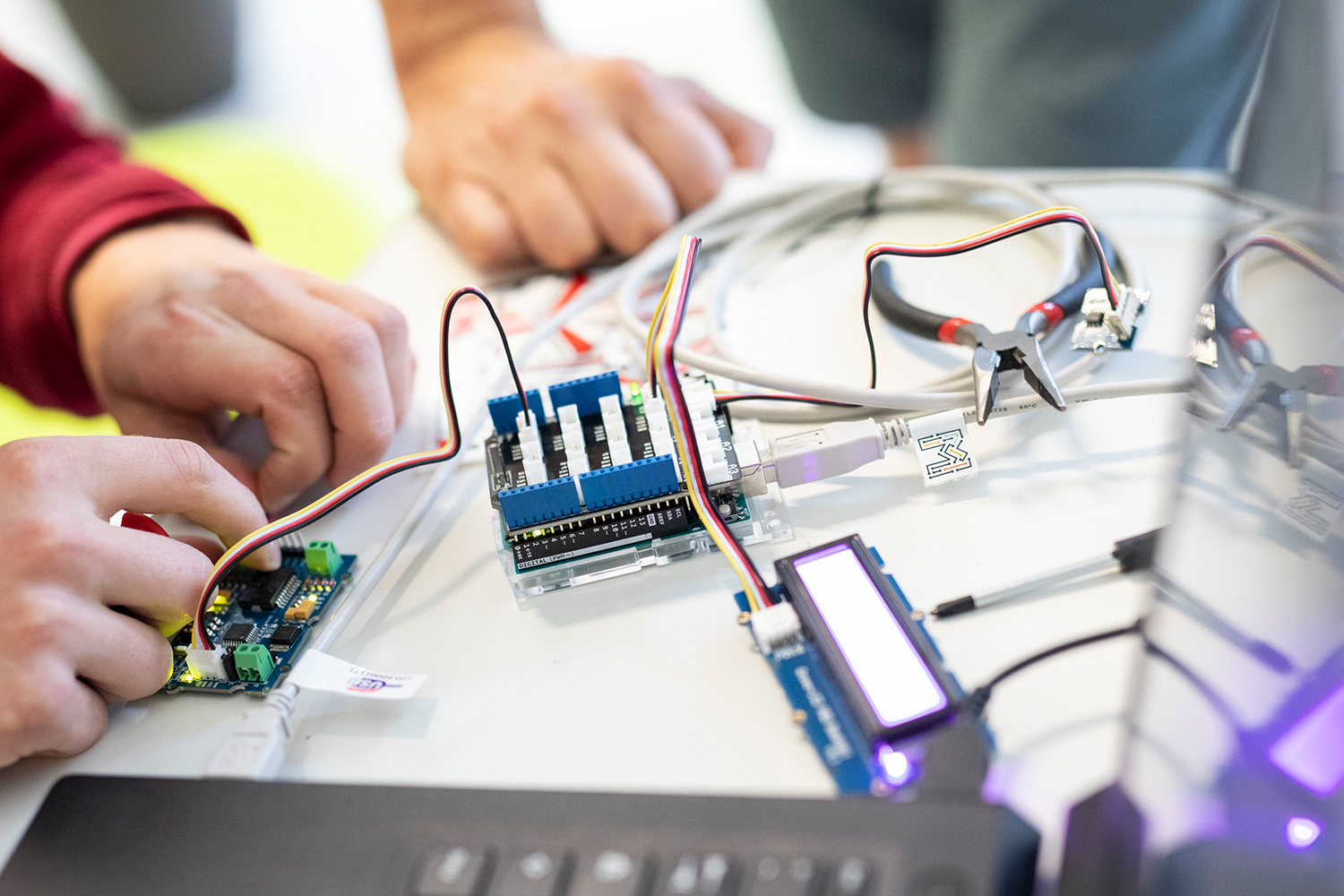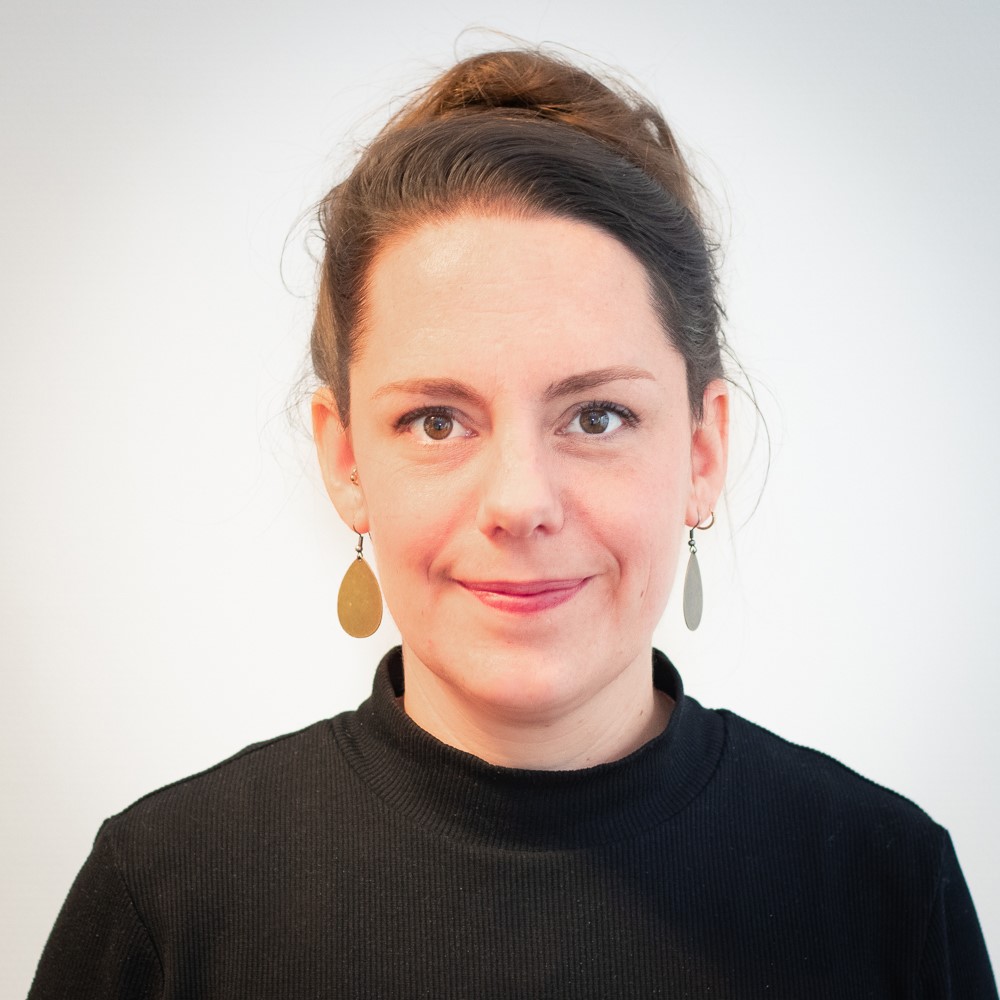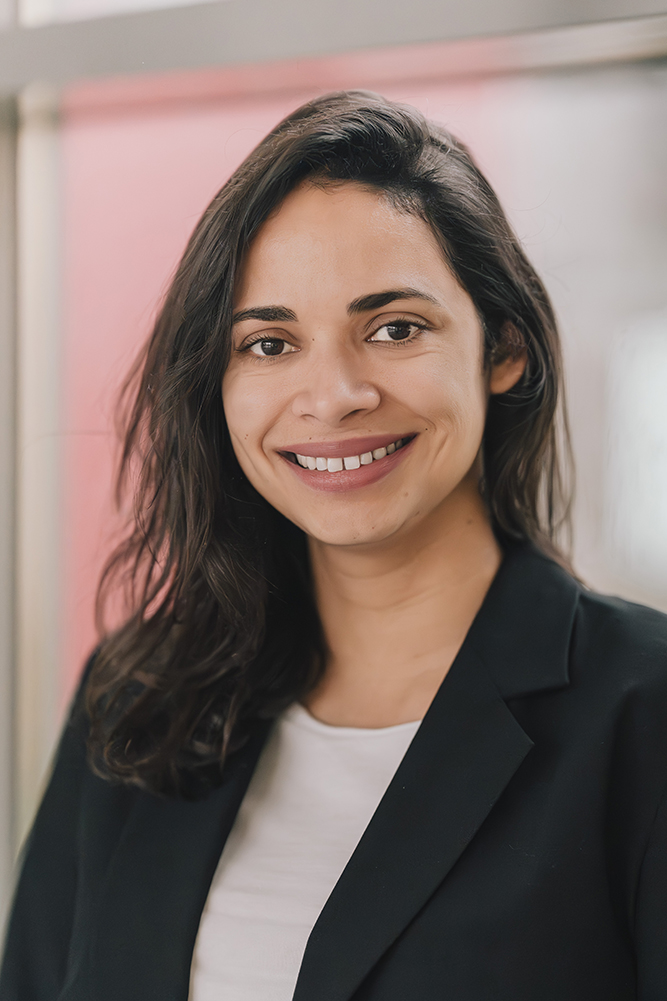Hackdays: The positive effect is measurable Evaluation of the "Make Your School" project by the Institute for Communication Science
Press release by the Klaus Tschira Foundation
Supporting innovative projects in education or science is a great thing. But funding is not an inexhaustible resource. This makes it all the more important to keep an eye on how and whether a project is working right from the start. The ‘Wissenschaft im Dialog’ project “Make Your School”, which is made possible by the Klaus Tschira Foundation and offers so-called “Hackdays” in schools, has been extensively evaluated over a period of five years by the Institute for Communication Science at Technische Universität Braunschweig.

At Hackdays, students develop creative ideas to improve their school and turn them into reality using technical and digital tools. Photo credit: Wissenschaft im Dialog/Thuy Anh Nguyen
What are Hackdays? Students come up with creative ideas to improve their school and use engineering and digital tools to make them a reality. This is an opportunity to engage young people with science and technology in an innovative way.
Anne Weißschädel is the project manager of “Make Your School” and knows how important the support from Braunschweig was, especially in the start-up phase. “Their view of the processes was incredibly valuable, especially until we had enough experience and the Hackdays concept was consolidated.” Of course, her team’s main expertise is in practical project management, so the communications expertise of the Braunschweig institute was very helpful. Why isn’t something working as planned? What adjustments need to be made? What does a successful team of adults have to look like in order to inspire the young people? The tightly-knit accompanying evaluation provided quick answers to these and similar questions, which could then be fed back into the further development of the Hackdays.
Initially, mainly qualitative interviews were conducted with young people, teachers and mentors. As the project progressed, responses from the standardised questionnaires were increasingly included in the analysis. In 2023, the majority of participants were even interviewed before and after the hackdays, so that it became clear what had actually changed.
The precise knowledge of the target group and the close cooperation with the researchers also made it possible to quickly switch from analogue to digital remote Hackdays during the coronavirus pandemic. “Thanks to the quality measurement, we could quickly be sure that it would also work online,” recalls Anne Weißschädel. “Otherwise we wouldn’t have dared to say that so quickly.” Surprisingly, many participants benefited from the digital programme at least as much as from the Hackdays at school. This result has been fed back into the programme and more remote Hackdays are being held.
Now, five years later, “Make Your School” has grown so much that other questions have arisen. The Hackdays are now offered regionally through hubs with partner organisations. As a result, quality management and the didactic perspective have become more important. This is why the Institute of Educational Sciences at the University of Hanover will be responsible for the future evaluation.
So what exactly has changed at Hackdays? Pammela Ramos Quintela from Braunschweig knows. She says that young people’s interest in digital technology has increased. Their perceived self-efficacy has also increased, as has their self-assessed knowledge of programming. After the Hackdays, the young people were more willing to take on new challenges and pursue their goals with greater confidence in their own abilities. The mentors were also highly rated. They provide a link between teachers and students and act as important role models for potential technical or creative careers.
“Subjective learning successes were measurable across the board,” says Ramos Quintela. Knowledge of programming and digital technology has increased. On average, this is somewhat more pronounced among the male young people than among female or non-binary young people, but everyone actually enjoys it. In general, all participants painted a positive picture of the project. The teachers reported more motivation to work in a more problem-solving and project-orientated way in the classroom.
What impressed the communication scientist most personally? “Being on site at the Hackdays and seeing how shyness disappears, how the young people identify problems in their school, then work in teams to develop technical solutions themselves and present a prototype on the last day.” And this learning success is measurable. Because, she says, “that’s what the statistical analyses show us”.


